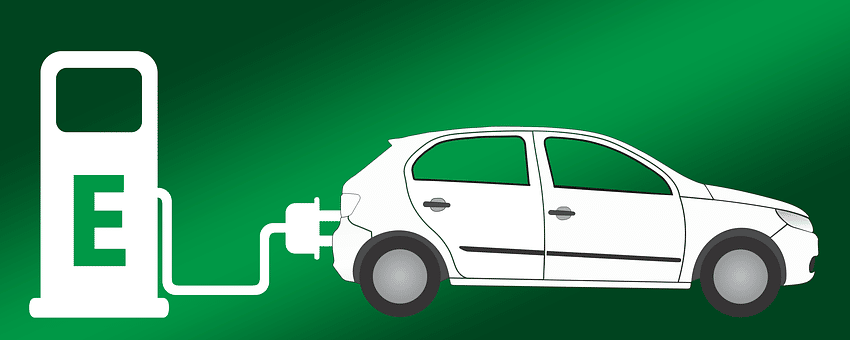Biden Administration Awards $2.8 Billion to Expand Manufacturing of Batteries for Electric Vehicles, Power Grid

The Biden administration on Oct. 19 announced the first set of projects financed by the 2021 Infrastructure Investment and Jobs Act to support domestic production of batteries for electric vehicles and the power grid. The funding will also support domestic production of materials and components currently imported from other nations.
The 20 corporations are expected to be given a shared sum of $2.8 billion to create and develop commercial scale amenities in 12 states to take out and create lithium, graphite and other battery materials, production components, and establish new methods, which include producing materials from recycled resources. The investment will be complemented by beneficiaries to leverage an additional $9 billion plus to increase U.S. production of clean energy technology, create jobs, and reinforce President Biden’s objectives for electric vehicles. The Biden administration has a goal of having half of new vehicle sales to be EVs by 2030.
The financed projects incorporate U.S. processing and recycling of essential minerals to strengthen domestic manufacturing. Responsible and reliable national procurement of the critical minerals utilised to produce lithium-ion batteries—such as lithium, cobalt, nickel, and graphite—will support the U.S. supply chain, quicken battery manufacturing to fulfil higher demand, and protect the U.S. economic affordability, energy freedom, and national safety.
The financing for the chosen projects will help develop an adequate amount of battery-grade lithium to make available nearly 2 million EVs every year and produce sufficient battery-grade graphite to provide roughly 1.2 million EVs every year. Moreover, the funding will help create abundant battery-grade nickel to deliver almost 400,000 EVs every year and install the first big-scale, commercial lithium electrolyte salt manufacturing plant in the U.S.
The funding is also expected to assist the expansion of an electrode binder resource adept of providing 45 percent of the expected national need for binders for EV batteries in 2030. Furthermore, the funding will help create the initial commercial scale domestic silicon oxide production amenities to provide anode resources for a projected 600,000 EV batteries every year.
Additional funding will also be allocated to aid the installation of the first lithium iron phosphate cathode plant in the U.S. As it stands, majority of the lithium, graphite, battery-grade nickel, electrolyte salt, electrode binder, and iron phosphate cathode components are manufactured abroad, and China administers the supply chains for a large number of these vital inputs.
President Biden also announced the inauguration of the American Battery Material Initiative, a committed attempt to bring into line federal investments and actions, domestic and international, to fasten the expansion of the full end-to-end battery supply chain, incorporating the essential minerals and components the U.S. require to meet production and deployment objectives.
EnerKnol Pulses like this one are powered by the EnerKnol Platform—the first comprehensive database for real-time energy policy tracking. Sign up for a free trial below for access to key regulatory data and deep industry insights across the energy spectrum.
ACCESS FREE TRIAL